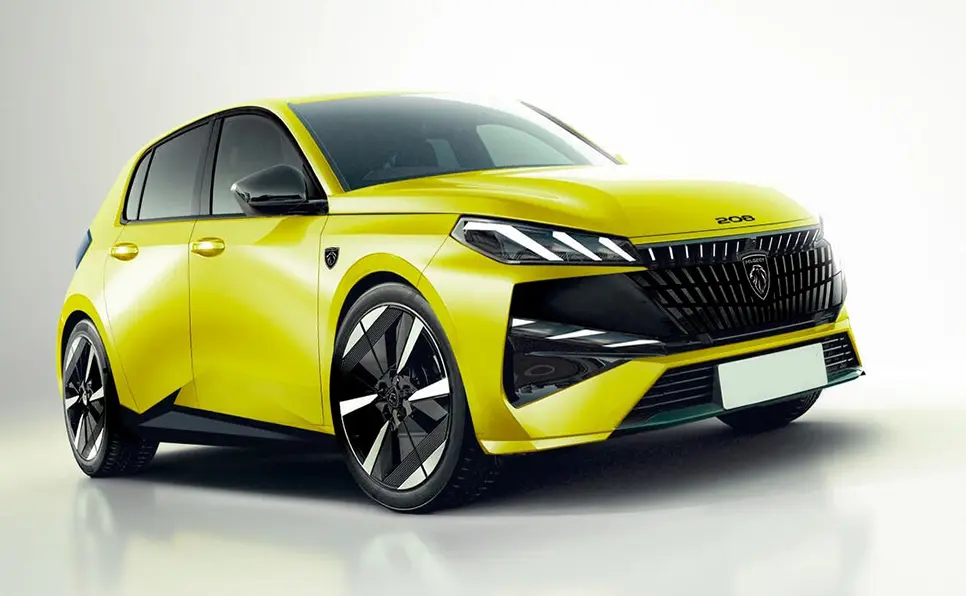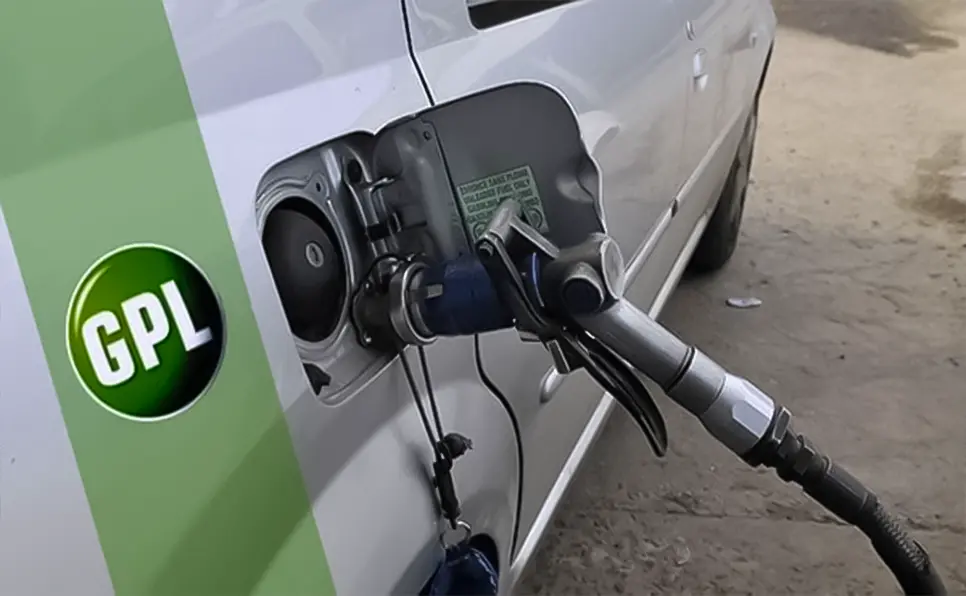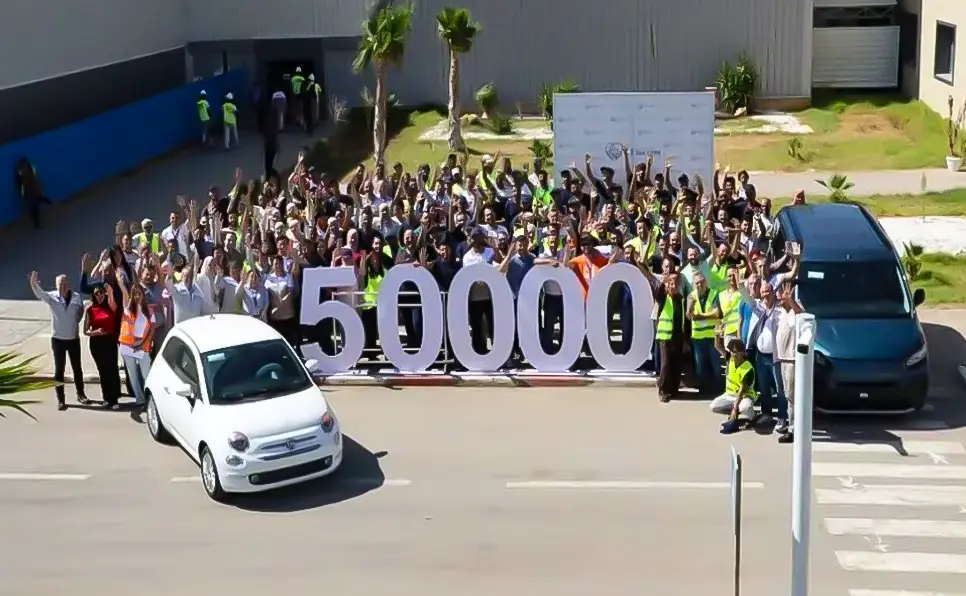
Nissan aims to return to profitability by fiscal 2026. New CEO Ivan Espinosa announced the Re:Nissan plan, a radical restructuring plan that calls for the elimination of approximately 20,000 jobs worldwide, or 15% of the workforce, and the closure of seven production plants by 2027.
Ivan Espinosa said that despite the challenges, the company maintains a strong cash position and a competitive product portfolio, while continuing to explore partnerships with other manufacturers, such as Mitsubishi and Honda.
The Re:Nissan plan, announced today, represents a major restructuring for the Japanese company to address the severe financial crisis that began in November 2018 with the arrest of Chairman Carlos Ghosn in Tokyo on charges of understating his compensation and using company funds for personal gain.
This event led to a series of negative consequences for the company, including a decline in investor confidence, a deterioration in relations with Renault, and a decline in global sales, particularly in Europe and North America.
The Japanese company announced the cessation of operations in Argentina and the cancellation of a project to build a new battery factory in Kitakyushu, southern Japan. Additionally, it plans to restructure its production activities in Mexico.
In the United States, Nissan announced job cuts at three factories: Smyrna, Tennessee; Canton, Mississippi; and Decherd, Tennessee; with the aim of reducing production in the country by approximately 25%.
In China, the company decided to close its factory in Jiangsu Province due to intensifying competition over electric vehicle prices and the growing popularity of cars produced by local brands.
In Europe, specifically in Spain, the closure of the Barcelona factory, announced in 2020, has already resulted in the layoff of approximately 3,000 workers. Nissan has not yet provided further details regarding the other planned factory closures.
The decision by Japanese automaker Nissan to reduce its workforce and close some factories is a necessary step to return to profitability and avoid the worst-case scenario of declaring bankruptcy or selling the company to a foreign investor.
Ivan Espinosa highlighted the urgent need to abandon the old volume strategy and focus on a more agile and profitable model, improve production efficiency, and reduce component complexity by up to 70%.
Former CEO of the Renault-Nissan Alliance, Carlos Ghosn, gave an interview to a French television channel in which he said that the cause of Nissan’s financial problems was financial mismanagement and poor decisions by company executives.
He added that Nissan’s merger with Honda was a wrong and illogical decision, similar to the Renault-Peugeot partnership. The two companies compete with each other and produce the same segments. A merger with a similar company is not possible, because a merger is complementary, not equal, he said.
In fact, the Re:Nissan plan is part of the company’s transformation journey, linking the Nissan NEXT plan (2020-2023) with the long-term vision of Nissan Ambition 2030, with a focus on “The Arc” plan, which includes medium-term actions for fiscal years 2024 to 2026 and medium- and long-term actions to be implemented by 2030.
In addition, the Re:Nissan case will also impact Renault, Nissan’s long-time partner, with an expected impact of €2.2 billion on the French automaker’s interim accounts.









